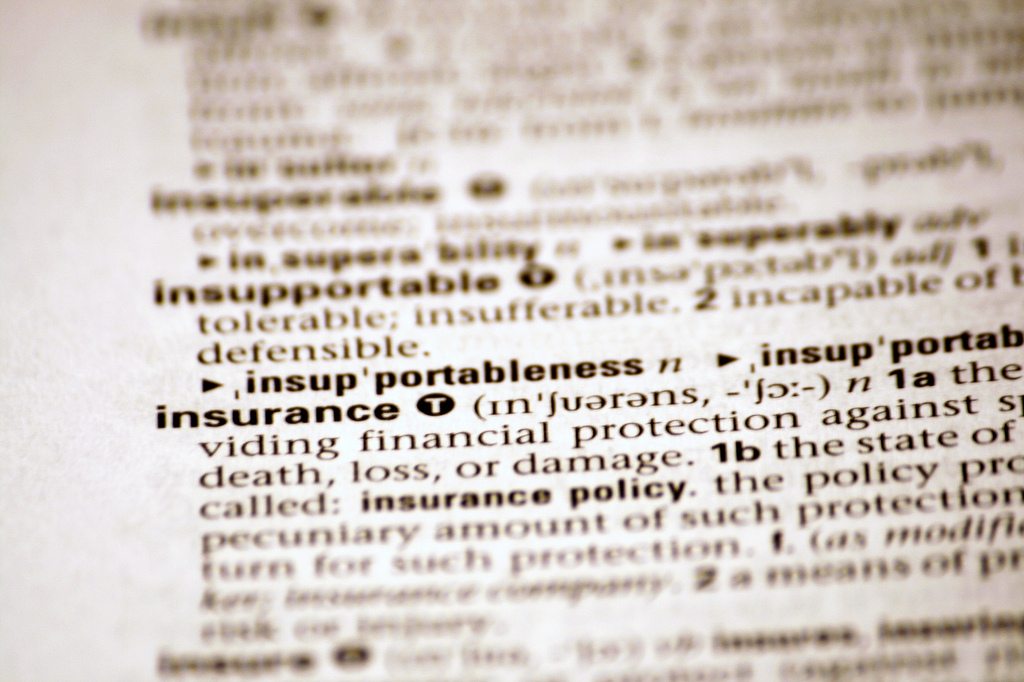
Many people ask if there’s really any need for wedding insurance for cancellation or postponement. Others have little or no idea what wedding insurance really is. We hope our guide can help you navigate the topic of wedding insurance so you’re prepared to make the right decision on whether it is the right thing for you.
You are both madly in love and have been planning your wedding day for a year, so why would you need wedding insurance? There’s no point right? It’s a waste of money; you don’t plan on canceling your wedding. However, you may want to give some thought to the fact that wedding cancellation or postponement usually happens, not necessarily because the bride or groom change their minds, but because of something unexpected happening, such as adverse weather or illness. Therefore, you may wish to give some thought to wedding insurance.
While, for the majority of couples, everything goes smoothly on the run up to your wedding day and on the day itself, spare some thought to what would happen if you were getting married on a luxury Caribbean beach and a hurricane hit the island, making it impossible to fly out. What would happen if the groom fell ill with appendicitis the day before the wedding, and it had to be postponed? What if flooding or a snowstorm meant that you had to postpone the wedding? Any of these events may be protected against when you take out wedding insurance.
8. What Is Wedding Insurance.
Wedding insurance is like any other insurance policy. In this case wedding insurance is designed to cover a couple’s money from circumstances that cancel their wedding and reimburse them those expenses incurred. These events must be events outside of the couples control and can’t be because you changed your mind. For example, you have put down a deposit on a photographer and the photographer doesn’t show up and you urgently need to book another one the morning of the wedding for three times the price. What if your reception is hit by a storm as happened to many a few years ago in the Northeast and the reception hall is wrecked weeks before the wedding. These are the types of big-day financial losses that wedding insurance can help to protect.
7. Reasons To Get Wedding Insurance
Consider these scenarios:
- As Linda gets ready for her wedding and decides to take a few photos in front of the beautiful fireplace an embed bursts and the dress catches fire. Linda is ok, but the dress is not. The right insurance policy covers the replacement of the veil and gown.
- The father of the brides has a stroke a month before the wedding. He cannot travel. If the couple has to postpone their wedding, with wedding insurance they could be paid back their expenses to enable them to have the wedding when the father recovers.
- Bob and Paula have been planning their wedding for over a year. But on wedding day, their reception site is impossible to get to due to a bad storm. The reception hall allows them to move the date but it comes with a feee. If they had the right wedding insurance policy, the couple can postpone their wedding and receive all their money back.
6. What Does Wedding Insurance Cover?
Every insurance plan is different so make sure you read the fine print. In general though, wedding insurance will cover.
- Venue: Wedding insurance can cover the cost of unavoidable cancellation. If your reception hall is unable to honor your reservation because it has been hit by a storm, has damage due to fire or just went bankrupt.
- Weather: Any weather conditions which prevent the bride, groom, any “essential” relative or the majority of the guests from reaching the venue where the wedding is to take place. Insurance usually covers rescheduling the wedding and all the details involved.
- A vendor who doesn’t show up: This covers if essential wedding people like the photographer for example don’t to show up due to a last minute issue. Wedding insurance covers cancellation or postponement of the wedding for these reasons.
- Sickness or injury: Wedding insurance covers sickness or injury to the bride, groom, or anyone essential to the wedding.
5. Wedding Insurance Doesn’t Cover…
- Changing your mind: In other words, cold feet don’t count.
- Jewelry: Watches, jewelry, gemstones or pearls (even if they are attached to clothing) may not be covered. Check your policy.
- While your wedding rings may be covered by the policy, your engagement ring probably will not. You should get separate insurance for that.
4. The Cost of Wedding Insurance
Basic wedding insurance policy that covers loss of photos, videos, attire, presents, rings, and deposits usually costs anywhere between $175 and $800, depending on the amount of coverage you want. General liability insurance, which covers up to $1,000,000 for accidents and more can costs around $250. There are sites that let you compare insurance and as always not every policy is the same so make sure you ask lots of questions.
3. Is It Worth Getting Wedding Insurance?
Before you buy wedding insurance, check with your each of your vendors to see how well they’re covered. The most important vendors in this instance are going to be your reception venue, photographer and anybody else who could ruin your entire day if something happened. Most good vendors will have their own insurance. There is a balance between paying twice for insurance, your vendor and then you, but it really comes down to peace of mind. If something happens to your venue, are you comfortable knowing that the venue has to call their insurance without truly knowing that process or would you prefer to call somebody directly and have it taken care of directly. The other thing is that by buying your own insurance you can ensure that fully covered because you know the full policy yourself.
2. The Right Time to Buy Wedding Insurance
This one is easy. As soon as you can. Most of the planning and securing of items happens pretty early in the wedding planning process, so make sure you get your insurance immediately. The sooner the better.
1. Final Things to Think About
Every insurance policy and every wedding scenario is different. Be sure to talk to your insurance agent or use comparison sites and forums to find out the details. Read the fine print, always. You want to make sure you truly understand every detail of your policy because nothing is more disappointing than having something go wrong and realizing it isn’t covered later on.




